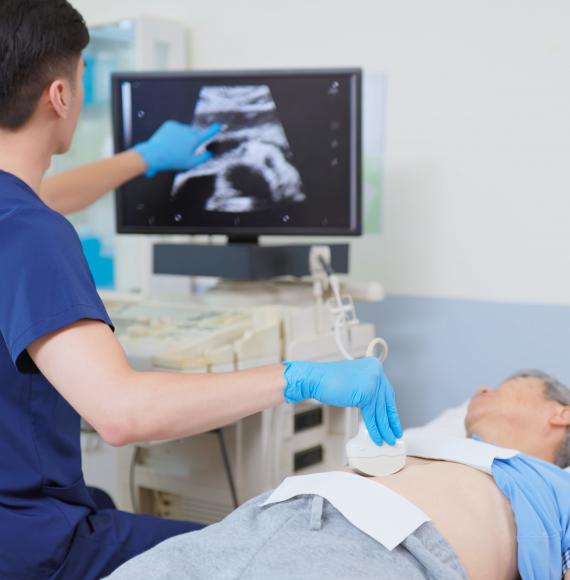A number of different population characteristics have shown to be associated with an increased risk of mortality from Covid-19, with a new data modelling tool having been developed by researchers to accurately predict areas of particular risk.
Factors including age, ethnicity, income, level of deprivation, care home residence numbers and housing conditions can all play into a higher risk of death from the virus, as the first wave of Covid-19 across England proved, and as such public health agencies have sought ways to better understand how these vulnerability factors are distributed across their communities.
Researchers from NIHR Applied Research Collaboration North West Coast (NIHR ARC NWC) have in response looked to develop a modelling tool to help with that understanding.
Analysing some 6,789 small areas across England, assessing the association between Covid-19 mortality in each area and five key vulnerability measures relating to ethnicity, poverty, prevalence of long-term health conditions, living in care homes and living in overcrowd housing, they were able to develop a Small Area Vulnerability Index (SAVI) modelling tool.
The SAVI tool is able to forecast vulnerability to Covid-19 within the local population.
When analysing the data, researchers were able to identify noticeably higher levels of vulnerability to the virus clustered within specific communities in the North West, West Midlands and North East regions.
This information indicates that these communities are some of the most likely to be at risk of serious health implications and higher death rates during subsequent waves of Covid-19 infection.
Already, the UK Government has used the SAVI tool nationally in its work identifying the damage done to communities by the impact of Covid-19.
More regionally, Lancashire County Council, Durham Council and the Merseyside Resilience Forum have all reported using the modelling tool in their responses too.
Dr Konstantinos Daras, who led the research team, said: “The members of our collaboration were implementing control measures and policies to shield certain groups, and they needed evidence to take into account before targeting such actions so that they are proportionate to the greater needs experienced by some communities.”
“Our partners also want analysis of these local health interventions and access to the social and economic datasets of the local population during their implementation. Where new service interventions have been implemented, the ability to match those areas to non-intervention areas, selected from across England, is particularly beneficial to service providers and that is what the SAVI enables.”
Professor Mark Gabbay, Director at NIHR ARC NWC, added: “This tool is already being used at a local, regional and national level to provide intelligence on the impact of Covid-19 on our communities while also helping with the implementation of new measures as we continue to battle the pandemic.”



















